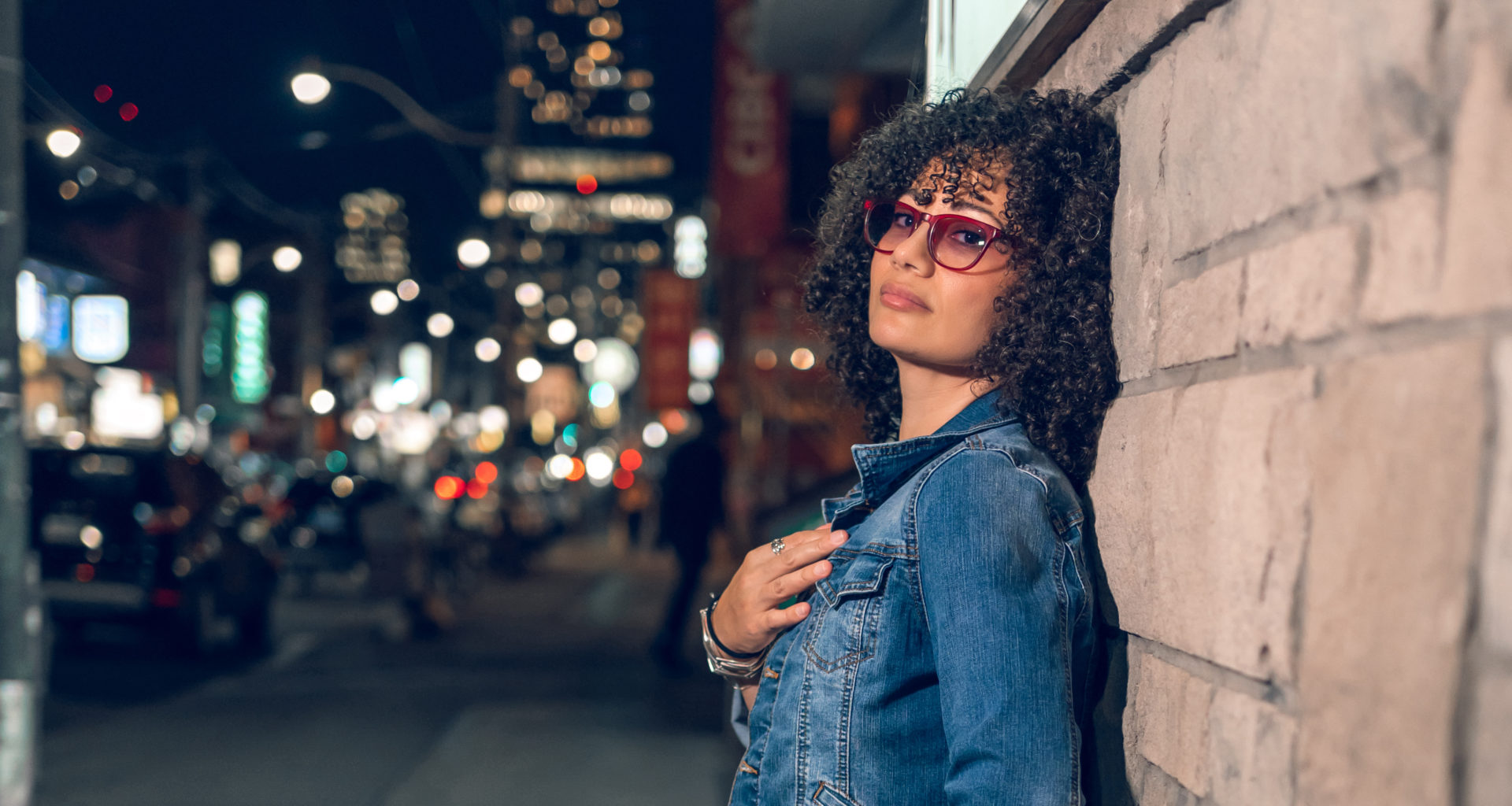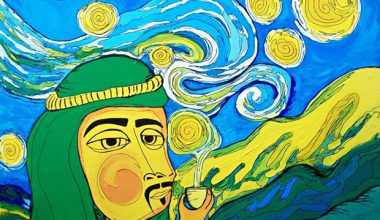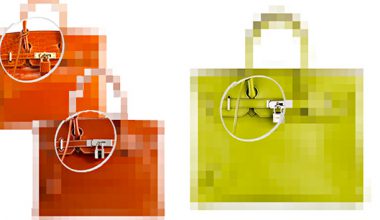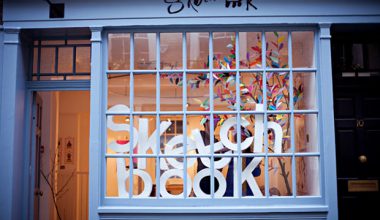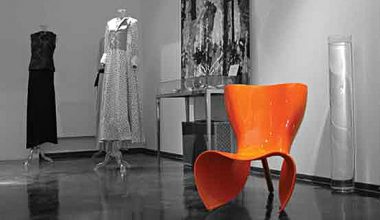Layal Watfeh is a multiple award-winning Syrian singer, composer, and songwriter. She started her career as a voiceover artist for TV shows and programs at the age of 17 and now 20 years later she is still one of the most recognized voices in the Middle East. Widely known for her memorable MBC Ramadan music, Watfeh has won numerous international awards for her voice acting and original scores for television and film. Over the years, Layal has produced commercial music for Olay, T.G.I. Friday’s, and Krispy Kreme amongst many others. She has also been a voiceover artist on TV networks such as MBC2, MBC4, OSN, Abu Dhabi TV, DMTV. The winner of 13 International awards and a nominee for 2 more, her prestigious accolades include Hollywood Music in Media Awards for Best Score in Trailer (2016) and Global Music Awards (2018).
We spoke to Layal about her creative journey throughout the years, the challenges of setting up her own studio, and what she’d like to achieve in the future.
Saira Malik (S.M.): How did you begin your creative journey and was this something that you always had a passion for while growing up?
Layal Watfeh (L.W.): I have always been musically inclined, and extremely fascinated by music in general. When the time came to choose my career, it was pretty clear what path I wanted to pursue. As a toddler I used to get teary eyed when an emotional piece of music would be playing. That's how my mother knew that I had a deep interest in music from a very young age. I composed my first piece at the age of 11 on a keyboard that my mother got me, and then moved on to learn the piano in the few years that followed. When I graduated college, in a major that isn’t really musically related, I joined Rahbani Studios in Dubai, and moved my way up through several studios in town, until I was headhunted by MBC themselves to join them as a composer and sound engineer. It took me years of hard work and teaching myself everything I know now. And finally in 2009 I decided to leave my MBC family so I can focus more on my Music for Film journey.
(S.M.): What was the music you were listening to when growing up and who was your biggest inspiration?
(L.W.): While growing up, I got used to listening to the music my parents loved listening to, such amazing and timeless artists like Fairuz, whose music has a very special place in my heart, and is very much connected to all my childhood memories. I also loved listening to Vangelis, RadioHead, Pink Floyd, Enya and later on started listening to film composers such as Hans Zimmer, John Williams, Philip Glass, and many more. I also enjoyed listening to Chopin and Beethoven.
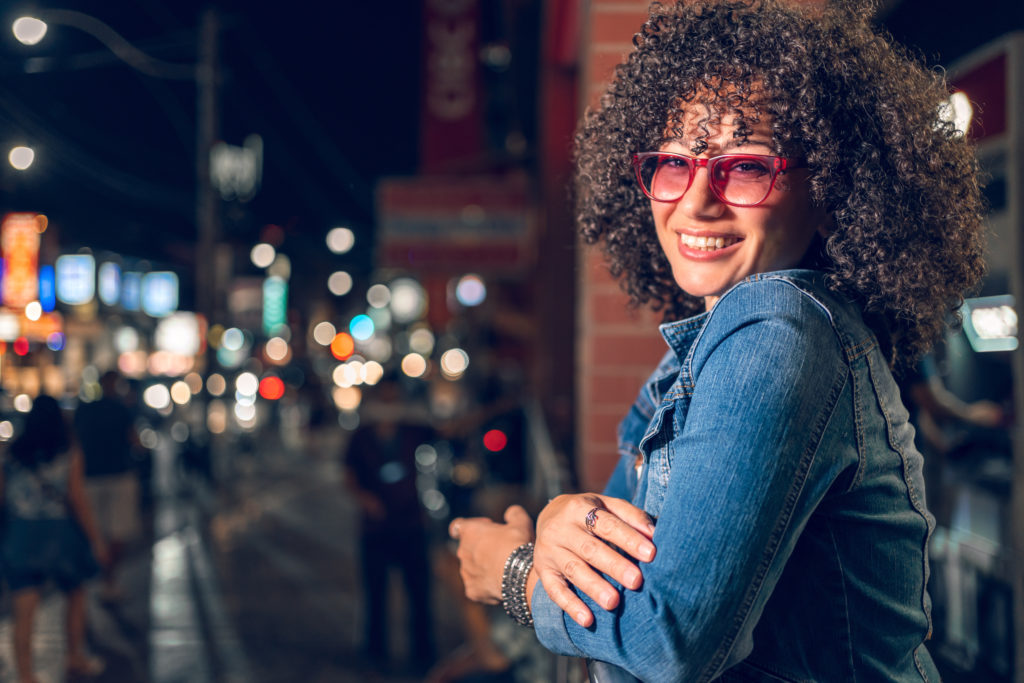
(S.M.): When did you get your first breakthrough into the business and what was that initial period like for you?
(L.W.): It was a long and bumpy road in general, but in a constant incline thankfully. But if I had to mark a certain point where my work started being recognized on a wider scale across the entire Middle East region, I would say it was in 2013 when I scored the Egyptian TV series “Heat Wave” that aired during Ramadan that year. My initial period was hard, I'm not going to lie, filled with endless nights of extra hours in the studios I worked at, trying to learn on my own. Of course many people along the way didn't believe in my talent or journey, and tried their best to come in my way, but that always fueled me to do better and work harder.
(S.M.): Can you tell us about your creative process?
(L.W.): My creative process isn't always the same. Every project’s inspiration comes to me differently. Sometimes I get the initial idea when I first hear about the story line. I record it as a voice note on my phone or play it on my piano. Sometimes it could take many days and sleepless nights to get that inspiration. I then take that melody, and try to figure out how I would like it to sound, in terms of instrumentation, arrangement, and feel. Once I have come up with the main theme, I then derive the rest of the score from it and build on it.
(S.M.): You are a film composer, sound designer, and voice artist – are you professionally trained in all of these? Which one of these titles are you most connected to?
(L.W.): None of those I have trained in, except music slightly because I did study piano when I was around 12. Otherwise it's all a God given gift and I was self-taught. I especially love voice-over and music work very much. When it comes to VO (voice-over) work, I feel the most confident for sure.
(S.M.): What were some of the challenges you faced as a self-taught artist trying to make it in the industry?
(L.W.): I think the first thing you battle when you are self-taught, is self-doubt and something called “imposter syndrome”. As you always feel that you may be lacking in certain areas. You later learn that this is not accurate, and many self-taught people sometimes exceed their academic colleagues.
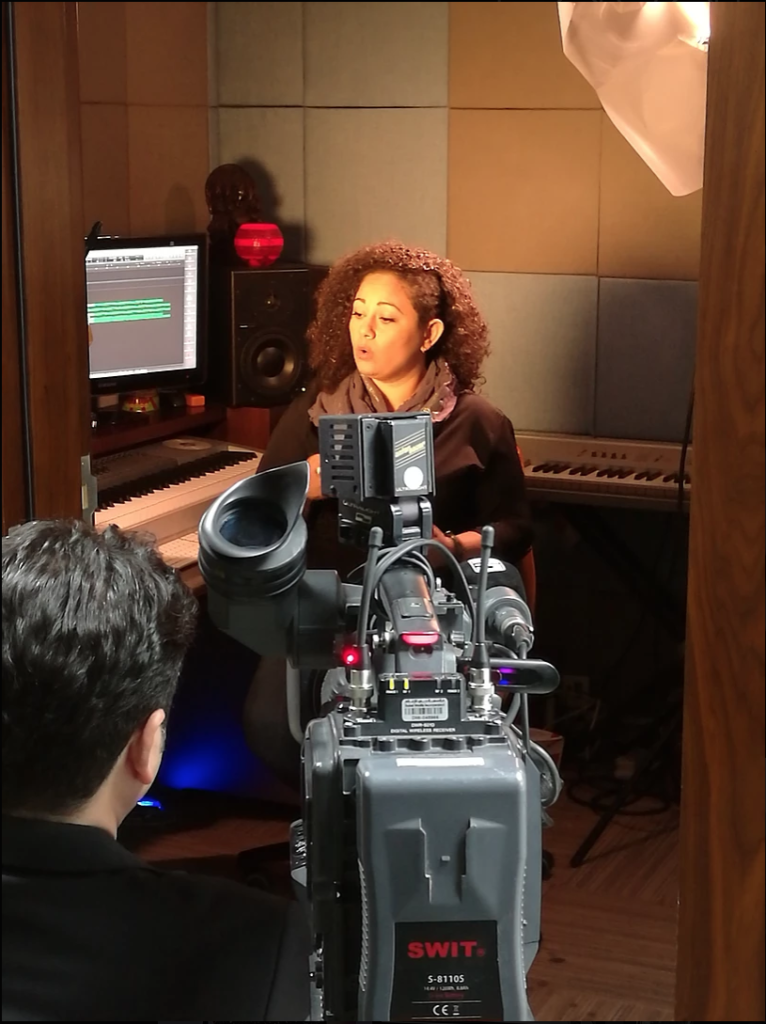
(S.M.): You have worked around the globe, what have you learnt from this international experience and how has it impacted you as a creative professional?
(L.W.): Working with directors from around the world teaches you to adapt to different working methods and flows. It opens your eyes and widens your experience in terms of what to expect and how to deal with obstacles that will come your way. It challenges you to grow and think outside and box and expand your knowledge and skills in order to cater to those clients and audiences.
(S.M.): You left MBC Group in 2009 to start your own company, can you tell us what it was like initially and how it is now managing your own studio?
(L.W.): It was scary! Not going to lie. But in life we have to take big risks in order to grow. I left an amazing job with a great steady monthly income, to start something on my own, without knowing where that road would lead me. But soon enough I started being approached by clients to score TV series and films, and with time my work was more recognized. Starting my own studio was exciting as it was the first time for me to build and customize my own working space. Being the solo employee in the studio definitely makes things easier to manage, but it certainly meant that I had to do every little thing myself, such as finances, design and branding, websites and social media management, along with everything else I do creatively.
(S.M.): Your Ramadan theme song is one of the most recognized tunes in the region and across, what was your creative process behind it? And what does its impact mean to you?
(L.W.): To be honest, when I did that music, I never thought it would be so widespread and widely recognized across the Middle East and even across Arabic audiences around the world. A few years after airing, I started noticing how everyone knows and associates that music to the holy month of Ramadan, and that’s when I thought to myself that I should probably start talking about it and letting people know who the person behind that tune is! Till this day many don’t believe me online, and accuse me of stealing the theme, but that’s all normal and expected from the world of the Internet.
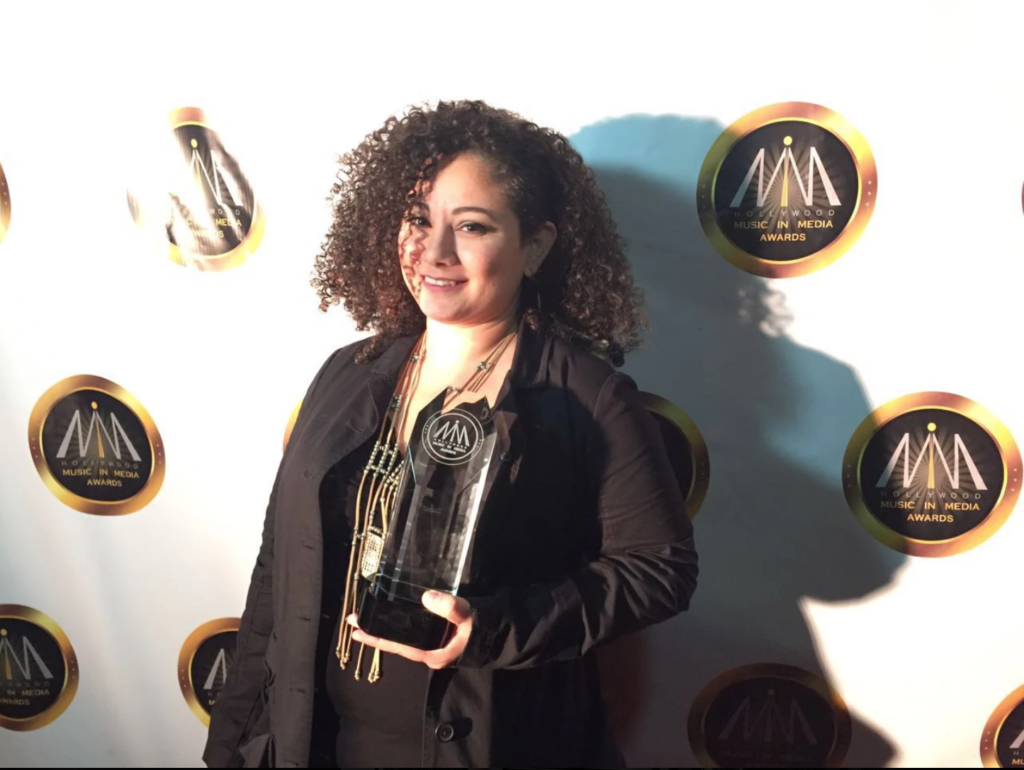
(S.M.): Your career spans over 17 years, is there one project you hold most close to your heart?
(L.W.): I always say that the Egyptian TV Series “Heat Wave” was one of the closest, as it was the first major project for me to get my name out there. But I also adore everything about the project I did in 2019 where I scored 33 minutes of the 48th UAE National Day event that took place in Abu Dhabi, and was attended by all the Sheikhs. The UAE is my second home, a place that is so dear to my heart, where I spent the past 33 years of my life, so to have the honor of composing the music for its national day, is a great pleasure of mine.
(S.M.): What is it about music that makes you feel passionate?
(L.W.): Music is magical, it's filled with frequencies and energies that have the power to transcend us to higher levels of consciousness, moods, and states. I can’t explain where that passion comes from exactly, but I know it's something that I am connected to on an immensely deep level.
(S.M.): What has been your biggest learning lesson from your journey as a professional creative?
(L.W.): Always ask for 50% upon signing a contract and 50% before delivering! This may sound like a joke, but unfortunately it's not. Many think that creative work isn't worth financial commitment, or that creatives do not deserve the same financial compensation as other professionals, but in reality of course, we do.
(S.M.): What does the future hold for you?
(L.W.): Like everyone else, I wish I knew! But I sure hope it brings more international projects my way, and bigger awards and recognition in the industry. I also hope I can start having live concerts too.
(S.M.): What words of advice do you have for people wanting to make it in the creative industries?
(L.W.): Believe in yourself, don't give up. It will be hard, but it will be worth it. Don't let haters take you down or make you doubt yourself or your gift. You have been given this gift for a reason, and it is your responsibility to take it further and bring it to life.
www.layalwatfeh.com
– Saira Malek
Images courtesy of Layal Watfeh

